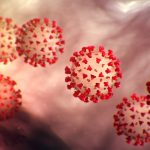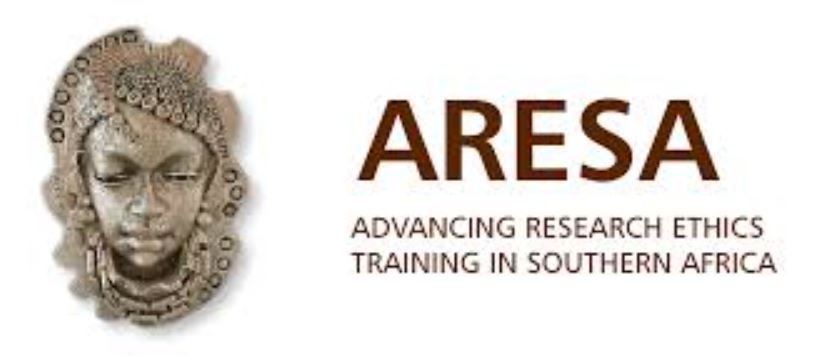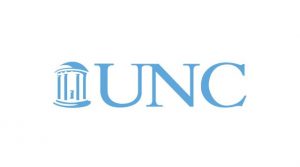24
Apr
MEDICINE AND THE LAW

K MOODLEY
- MB ChB, MFamMed, FCFP (SA), MPhil (Applied Ethics), Executive MBA, DPhil;
A E OBASA
- BSc (Med Sci), MSc, PhD (Medical Virology); L London,
- MB ChB, MMed, MD, BSc (Med) Hons, DOH, FCPHM (SA)
Isolation and quarantine in South Africa during COVID-19: Draconian measures or proportional response?
In the midst of an unprecedented public health crisis, extraordinary containment measures must be implemented. These include both
isolation and quarantine, either on a voluntary basis or enforced. In the transition from voluntary to mandatory isolation, conflicts arise at
the intersection of ethics, human rights and the law. The Siracusa Principles adopted by the United Nations Economic and Social Council
in 1985 and enshrined in international human rights legislation and guidelines specify conditions under which civil liberties may be
infringed. In order for isolation processes in South Africa to claim legitimacy, it is important that these principles as well as national laws
and constitutional rights are embedded in state action.


